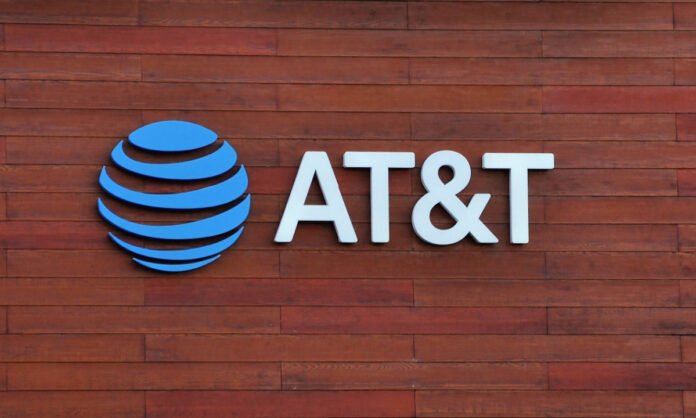AT&T’s Proposed Settlement: A Closer Look at the Class Action Lawsuit Over Data Breaches
In a significant development for both the telecommunications giant AT&T and its customers, a judge has granted preliminary approval to a proposed settlement regarding a class action lawsuit stemming from major data breaches. This ruling, announced on June 20, marks a pivotal moment in the ongoing legal saga that has raised concerns about data security and customer privacy.
The Nature of the Lawsuit
The class action lawsuit against AT&T was initiated following data breaches disclosed by the company in May and July of 2024. These breaches reportedly exposed personal information of tens of millions of customers, igniting a firestorm of concern over the safety of sensitive data. The lawsuit alleges that AT&T failed to adequately protect customer information, leading to unauthorized access and potential misuse.
Settlement Details
The proposed settlement, valued at $177 million, has been deemed fair and reasonable by the presiding judge. Under the terms of the settlement, affected customers could receive compensation ranging from $2,500 to $5,000, depending on the nature of their losses directly linked to the data breaches. Remaining funds will be allocated to other customers whose personal information was compromised but who may not have suffered direct financial losses.
AT&T has maintained that it is not responsible for the criminal acts that led to the data breaches. The company stated that it opted for the settlement to avoid the costs and uncertainties associated with prolonged litigation.
The Breach: What Happened?
In July 2024, AT&T revealed that a significant cybersecurity incident had resulted in the theft of call and text records for nearly all its wireless customers. The breach involved records detailing interactions between AT&T’s wireless numbers and other phone numbers from May 1 to October 31, 2022, as well as on January 2, 2023. Importantly, the stolen data did not include the content of calls or texts, nor did it contain personally identifiable information (PII). However, AT&T acknowledged that the data could still be linked to individuals through publicly available online tools.
The breach was reportedly linked to a prior incident involving Snowflake, a cloud storage and data warehousing vendor, which raised questions about third-party data security and the responsibilities of companies in safeguarding customer information.
Regulatory Scrutiny and Consequences
The fallout from the data breaches has not only led to legal challenges but also regulatory scrutiny. In September 2024, AT&T reached a settlement with the Federal Communications Commission (FCC) regarding a separate hack that occurred in January 2023. This incident involved the theft of customer information from a vendor’s cloud environment, resulting in a consent decree that required AT&T to pay $13 million and enhance its data governance practices.
Moving Forward: Implications for Customers and the Industry
The preliminary approval of the settlement is a crucial step in addressing the grievances of affected customers. It underscores the importance of data security in an increasingly digital world, where personal information is often vulnerable to cyber threats. For AT&T, the settlement serves as a reminder of the need for robust cybersecurity measures and transparent communication with customers.
As the telecommunications industry continues to evolve, the implications of this case extend beyond AT&T. It highlights the necessity for all companies to prioritize data protection and to be prepared for the legal and financial repercussions of data breaches. Customers, too, are becoming more aware of their rights and the importance of holding companies accountable for safeguarding their information.
In conclusion, while the proposed settlement represents a significant step toward resolution for affected customers, it also serves as a cautionary tale for the industry at large. The ongoing challenges of data security will require vigilance, innovation, and a commitment to protecting customer trust in the digital age.


